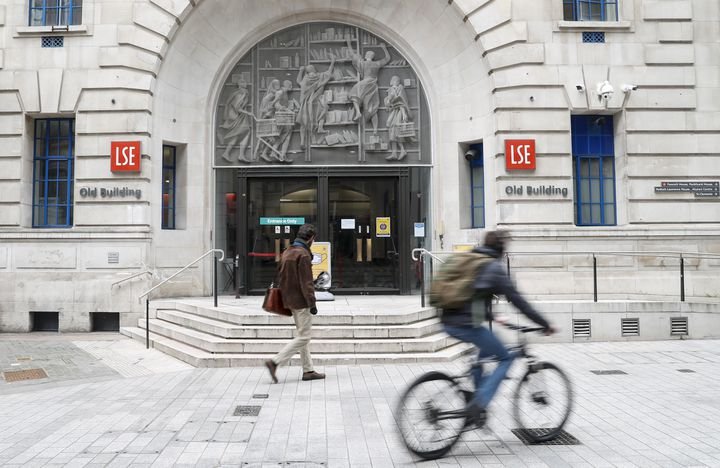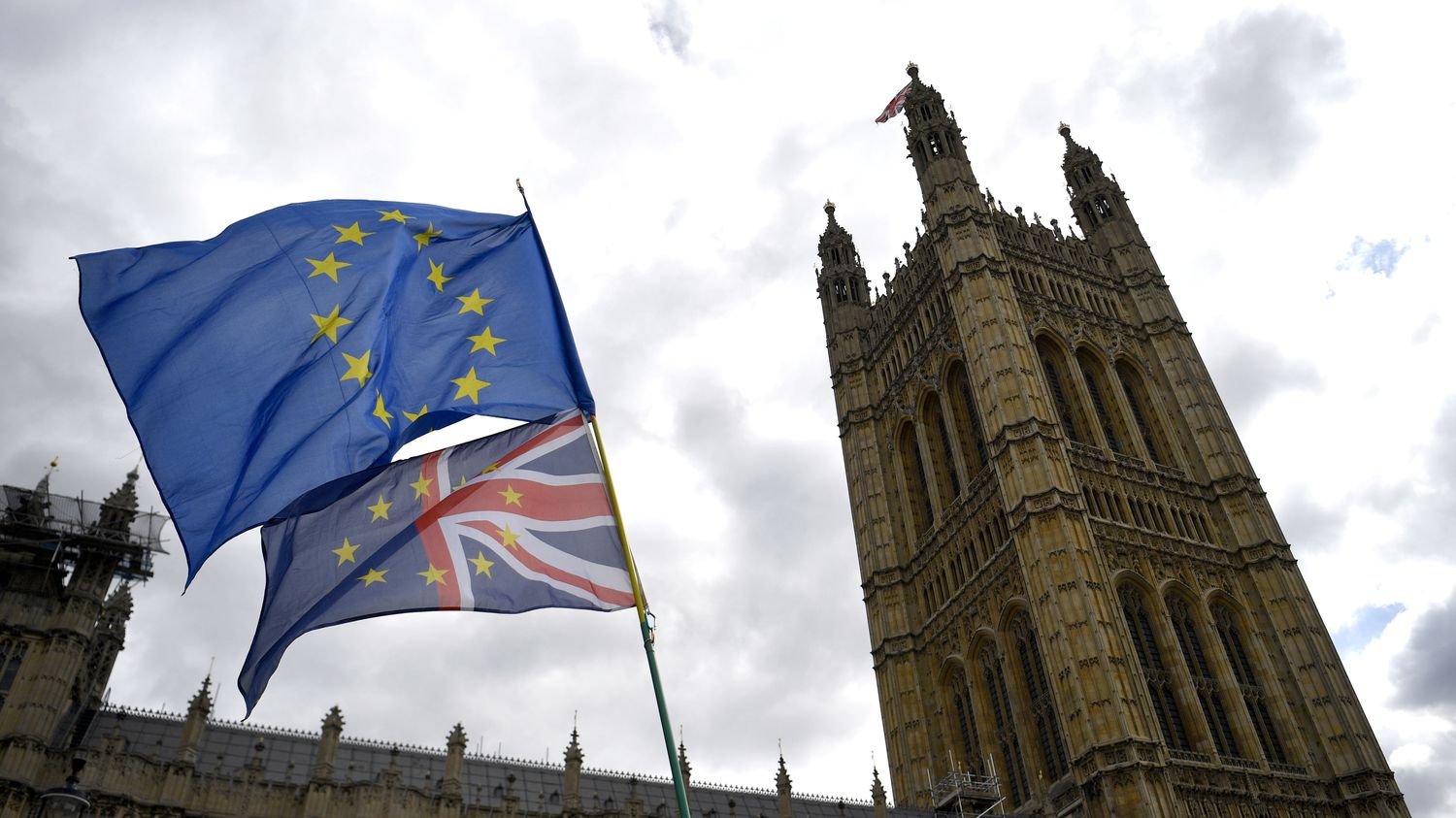Dan, a young Englishman who studied in France, dreams of becoming a veterinarian. He believed that Brexit would only mean a few administrative hassles for him. Like all other British students in the European Union, he expected to obtain a long-stay visa to be able to study in the EU from the start of the 2021 school year.
But he comes up against an intractable problem: the French national veterinary competition is only open to EU nationals. Dan not being a European citizen since January 1, he would need to obtain French nationality to continue his studies. However, this is granted much slower than a visa, so Dan has passed the deadline to enter the competition. “I asked for a prior opinion on the status of my file, but I was told that it was not possible, laments the young Briton. So he had to resolve to enroll in a private university in Cluj, Romania. ‘Even while waiting for a year, I was not sure of obtaining French nationality, he explains. I risked finding myself in the same situation as this year. We could not find a solution quickly enough.“
Dan is not the only one who has to leave France. Since Brexit led to the end of the Erasmus exchange program, which allowed European students to study in the UK free of charge, there have been many departures.
Marielle André, who hosted English trainers at the regional institute of health and social training of the Red Cross of Tours, regrets this disappearance: “When we received our English colleagues, they spoke English with our students, and the students realized that they needed it, notes the teacher, who participated in this exchange as part of a cooperation project Erasmus plus. It allowed us, from a professional point of view, to develop other skills mastered by our English counterparts and vice versa. They are going to need to look for it elsewhere or to remain more self-centered, they will not have the choice. “
According to officials of the Erasmus France program, in the other direction too, the departure of French students from the United Kingdom is massive. There are more than 5,900 French scholarship holders in the country, which is almost half the number four years ago. This decline has continued to grow, says Laure Coudret-Laut, Managing Director of Erasmus France: “Between 2015 and 2018, there were around 13,000 participants in ‘Erasmus plus’ exchanges from France to the United Kingdom. From the year 2018-2019, we observe an anticipated Brexit effect, we increase to 11,000 learners leaving for the United Kingdom. “That is almost 5,000 fewer students in just four years.

French students still in the UK, who signed up to the Erasmus program before Brexit, will be able to complete their studies, in principle without additional tuition fees. They will just need a visa. On the other hand, if the French want to study in England in the coming years, they will have to do so at their own expense. And that could cost them dearly. “UK universities tuition fees are quite high, explains Laure Coudret-Laut. It’s around 20,000 pounds [23 500 euros] for the undergraduate [“premier cycle”], at least for the big universities. For French people who do not know high university fees, this is considerable.“Not to mention the cost of accommodation and food.
However, French universities are trying to take advantage of this new situation by attracting European students who can no longer afford to go to the United Kingdom. “It is important to have them come to our courses in France, explains Florent Bonaventure, communications director for the public body Campus France. The initial objective of the so-called ‘Welcome to France’ strategy was to attract a total of 500,000 foreign students to France by 2027, by strengthening attractiveness in Europe, Africa and the major emerging countries.“Campus France is banking on the development of programs in the English language.
“French institutions have developed more than 1,600 training programs in English. There is a real educational offer for Anglophones who come to study in English and learn French.”
Florent Bonaventureto franceinfo
But France is not the only one to play this card. The Netherlands are also trying to get out of this post-Brexit game. “They have already seen an increase in the number of European students at home this year, Florent Bonaventure analysis. This country offers a very large part of its diplomas in English, with professors who come from all over Europe. It is now a bit like a competitor of the United Kingdom. “
In this ongoing restructuring, France could also accommodate more students from Eastern Europe, and even Russia. Until now, those hosted in France were primarily French-speaking: 9,000 from sub-Saharan Africa, and 5,500 from the Maghreb. On the other side of the Channel, to compensate for the loss of European students, English universities are rather targeting Asian, Indian or Chinese profiles in particular.
In the world of research too, things are moving. Many European researchers who were working in the UK have already returned to their countries. But the movement had started quite early. Many organizations relocated some of their staff as soon as the result of the Brexit referendum was known, not knowing at that time whether the British would continue to cooperate in the field of research. “More than 2,000 researchers left in 2016, because research conditions were deteriorating. This is what the British press called ‘Brexodus’, remembers Florent Bonaventure, of Campus France. The institutions most affected were the large institutions, such as Oxford, Cambridge, the London School of Economics, with researchers returning to European institutions. Since then, this leak has stabilized.“

Again, in reaction, France is organizing to try to attract British scientists. “One of the counter-phenomena of Brexit is the interest for researchers from the United Kingdom to come and settle in France, analysis Patrick Nédellec, director for Europe, research and international cooperation at the CNRS. The University of Oxford, through cancer research, is considering an installation, or at least a possible one, at the University of Montpellier. The challenge is to create an entity that is recognized in France as one of their laboratories.. “
These exchange programs will, however, be subject to an association agreement between the United Kingdom and Brussels. It aims to allow the British to continue participating in European research programs, and to allow the free movement of researchers between the United Kingdom and the European Union. Problem, however: due to Covid-19, these negotiations have still not started.
